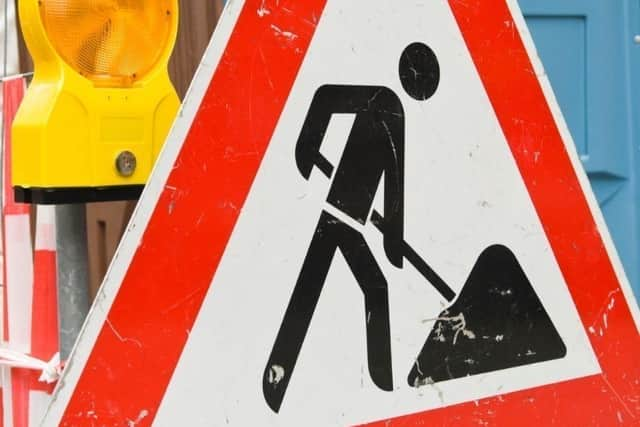Bucks Council to sue utility firms over roadworks breaches
and live on Freeview channel 276
Buckinghamshire Council has vowed to take legal action against utility firms breaching roadworks conditions as part of a new crackdown.
The cabinet backed a 10-point plan put forward by the Transport, Environment and Climate Change Select Committee Rapid Review group to hold statutory undertakers to account.
Advertisement
Hide AdAdvertisement
Hide AdCouncillor Steve Broadbent will “seriously consider” court action over roadworks breaches as it is “more cost-effective” for companies to pay fines than comply with conditions.


He will also “urgently lobby” the Department for Transport to increase Fixed Term Penalty Notice fines.
Council leader Martin Tett warned utility companies that the council was taking a “no-nonsense” approach to monitoring them and dealing with their requests.
On Tuesday, he told the cabinet: “We have taken a much tougher line recently because of quite frankly some pretty poor behaviour by the utility companies in Buckinghamshire.”
Advertisement
Hide AdAdvertisement
Hide AdCouncillor Bill Chapple, chairman of the select committee, said the penalty the Council gives out to statutory undertakers for breaking the law or road conditions has not been reviewed for 30 years.
He said the council was in a “silly position” as companies would rather “chance” paying a £90 fine than sending someone out to resolve an issue at a potential cost of £300.
Councillor Tett said: “The size of the fine is ridiculous. It is absolutely absurd. It is stuck in the past. It wasn’t much then. Twenty years later it is peanuts.”
The council received a total of 65,000 permit requests for roadworks in 2022/23, roughly three times more than in 2019/20.